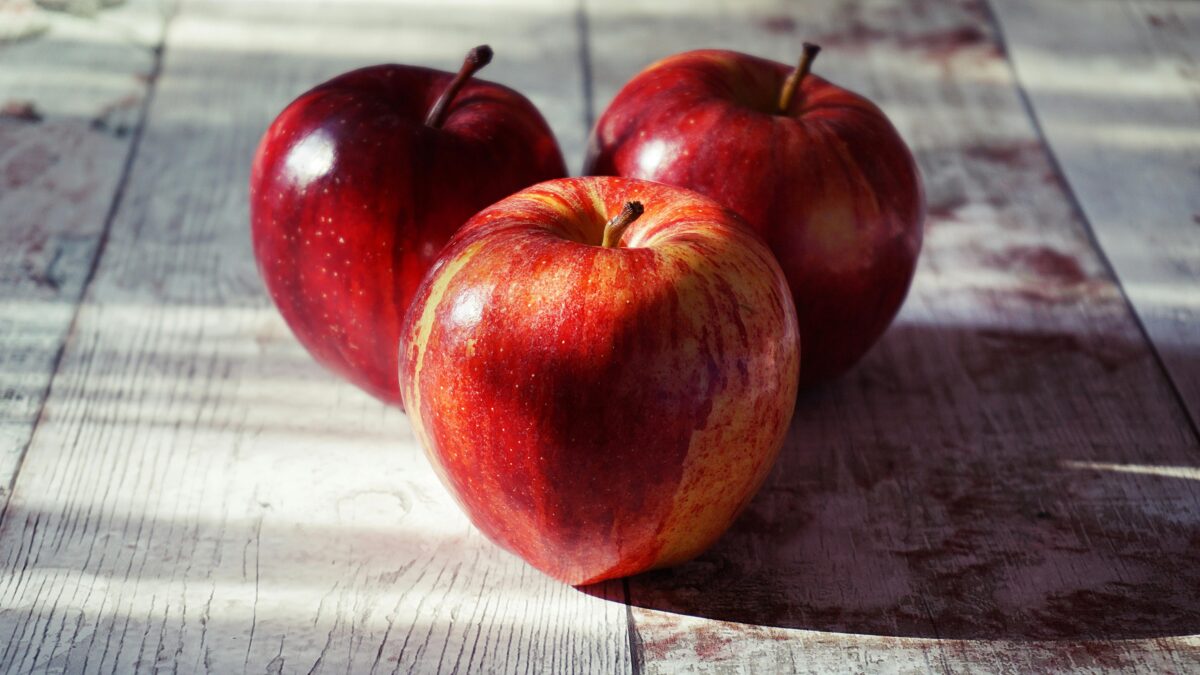Apples turn brown due to a process called enzymatic browning. When the apple’s flesh is exposed to air, an enzyme called polyphenol oxidase reacts with oxygen, leading to the formation of brown pigments. This reaction not only affects the appearance but can also alter the flavor and nutritional value of the fruit.
Understanding this process is crucial for anyone looking to keep their apples fresh, whether for a snack, in a salad, or as part of a meal prep. The browning is not harmful, but it can be unappetizing and may lead to waste if not managed properly.
Simple Methods to Prevent Browning
There are several straightforward techniques to keep apples from turning brown. Here are 5 simple methods to prevent browning:
1. Lemon Juice
Lemon juice is one of the most popular methods. The citric acid in lemon juice slows down the enzymatic browning process.
- Cut the apple into slices.
- Brush or dip the slices in lemon juice.
- Let them sit for a few minutes before serving or storing.
2. Saltwater Solution
A saltwater solution can also be effective. The sodium in salt inhibits the enzyme activity.
- Dissolve 1/2 teaspoon of salt in 1 cup of water.
- Soak the apple slices for 5 minutes.
- Rinse with fresh water to remove excess salt.
3. Honey Water
Honey contains natural preservatives that can help keep apples fresh.
- Mix 2 tablespoons of honey in 1 cup of water.
- Dip the apple slices in the honey water.
- Let them dry before storing.
4. Vinegar Solution
White vinegar can also be used, as its acidity helps slow browning.
- Mix 1 tablespoon of vinegar in 1 cup of water.
- Soak the apple slices for about 5 minutes.
- Rinse and dry before storage.
5. Commercial Anti-Browning Products
There are several commercial products available that are specifically designed to prevent browning. Follow the instructions on the package for the best results.
Using Natural Ingredients to Keep Apples Fresh
In addition to the methods mentioned, there are 3 natural ingredients you can use to keep apples fresh:
Citrus Juices
Besides lemon juice, other citrus juices like lime or orange juice can also be effective due to their high acidity levels.
Ascorbic Acid
Ascorbic acid, or vitamin C, is a powerful antioxidant. You can sprinkle powdered ascorbic acid on apple slices to prevent browning.
Fruit Fresh Products
These are often made from a blend of ascorbic acid and citric acid, designed specifically for preserving fruits.
Best Practices for Storing Cut Apples
Proper storage is crucial for maintaining the freshness of cut apples. Here are some tips for storing cut apples:
Use Airtight Containers
Store cut apples in airtight containers to minimize exposure to air, which can accelerate browning.
Refrigerate
Keep cut apples in the refrigerator. The cold temperature slows down the enzymatic reaction, helping to keep them fresh longer.
Use Water
For short-term storage, placing apple slices in a bowl of water can help keep them fresh. Just be sure to drain and dry them before serving.
Creative Ways to Use Browned Apples
Even if your apples have turned brown, they can still be delicious and useful. Here are 2 creative recipes using browned apples:
Apple Cinnamon Oatmeal
Browned apples can add a sweet, caramelized flavor to your morning oatmeal. Simply chop the apples and cook them with oats, cinnamon, and a bit of water or milk for a hearty breakfast.
Apple Sauce
Browned apples are perfect for making homemade apple sauce. Peel, core, and chop the apples, then simmer them with a bit of sugar and cinnamon until soft. Blend until smooth for a delicious side dish or snack.
Frequently Asked Questions
1. Why do apples turn brown after cutting?
Apples turn brown due to enzymatic browning, which occurs when the flesh is exposed to air.
2. How long can cut apples last in the fridge?
Cut apples can last 3 to 5 days in the refrigerator if stored properly in an airtight container.
3. Can I use apple juice to prevent browning?
Yes, apple juice can be used, but lemon juice or other acidic solutions are generally more effective.
4. Are browned apples safe to eat?
Yes, browned apples are safe to eat, though they may not be as visually appealing.
5. What is the best way to store whole apples?
Store whole apples in a cool, dry place or in the refrigerator to extend their shelf life.
Keeping apples from turning brown is not only about aesthetics but also about preserving their flavor and nutritional value. By employing the methods outlined above, such as using lemon juice or saltwater, and following best practices for storage, you can enjoy fresh apples for longer. Don’t forget that even browned apples can be delicious in various recipes.
